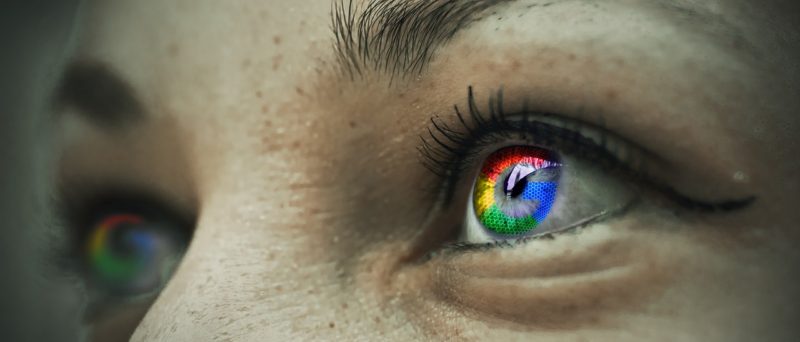
Something that always comes up in our engagements is the widespread availability of our clients’ names on the Internet for anyone to purchase and use.
Someone may simply share your name, but they can also impersonate you and use your name to create false and possibly inappropriate material about you on blogs, websites, and social media accounts – much like fake news.
If you own the “.com” domain for your name, as well as iterations on the top digital platforms, you are in good shape. This is important even if you don’t plan on using these assets — for example, when you deliberately hope to be “invisible” online because you prefer a low profile.
If you are pursuing any initiatives that depend on having a favorable public perception and you are not actively managing your image online, be forewarned. You don’t have control over your image yet. You are also a prime target for identity theft, because unless you have taken proactive steps to protect your name online, anyone can use it… and pretend to be you.
Fortunately, most of us will not be the focus of mistaken identity, defamation campaigns, or fake news. But your name is the essential tool in a personal branding program, a thought-leadership campaign and the most basic protection of your reputation, as well as for enhancing it. For that reason alone, don’t let it be taken and used by anyone else.
Remember: Online reputation management enables you to shape the public’s perception of you and your organization by taking control of the story the Internet tells about you. It all begins with your name.
Related reading: The Essentials: Online Reputation Management FAQ



